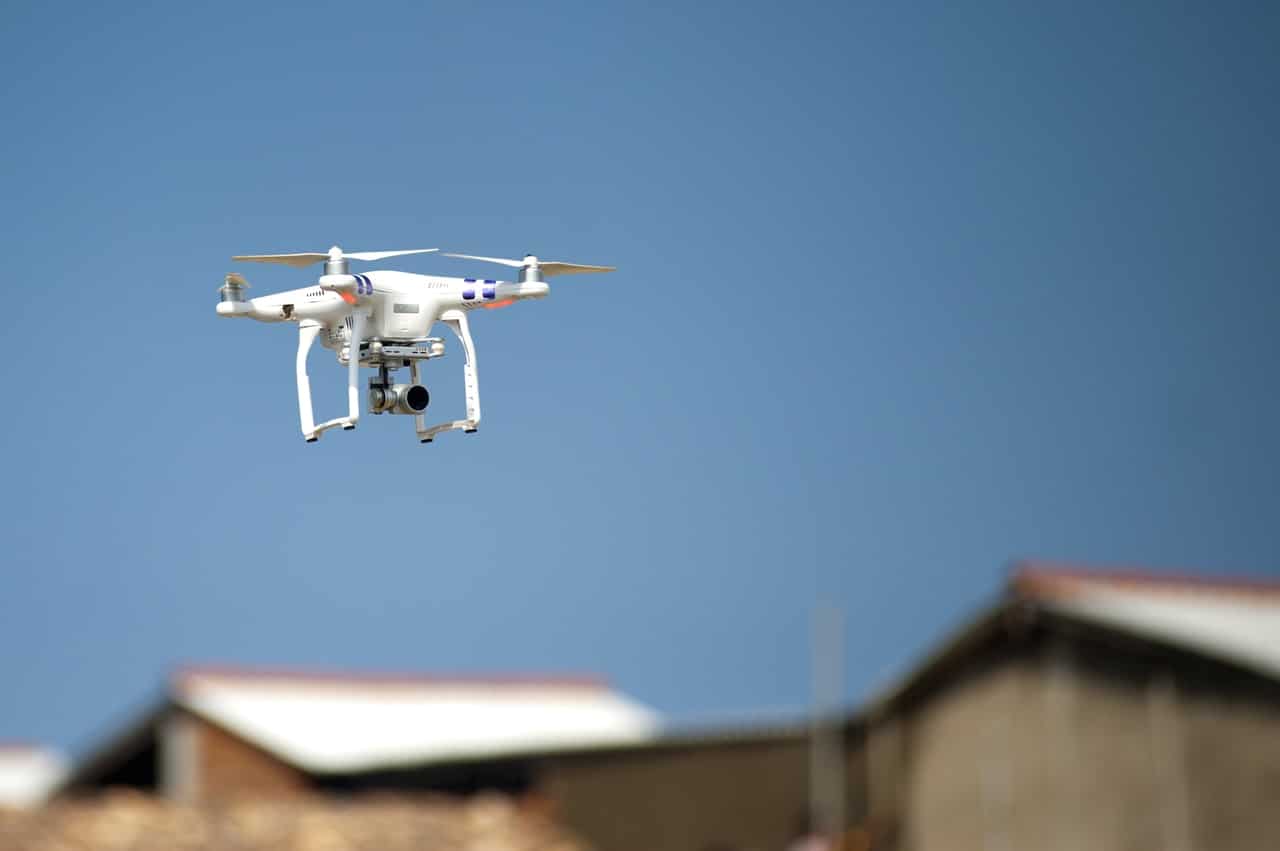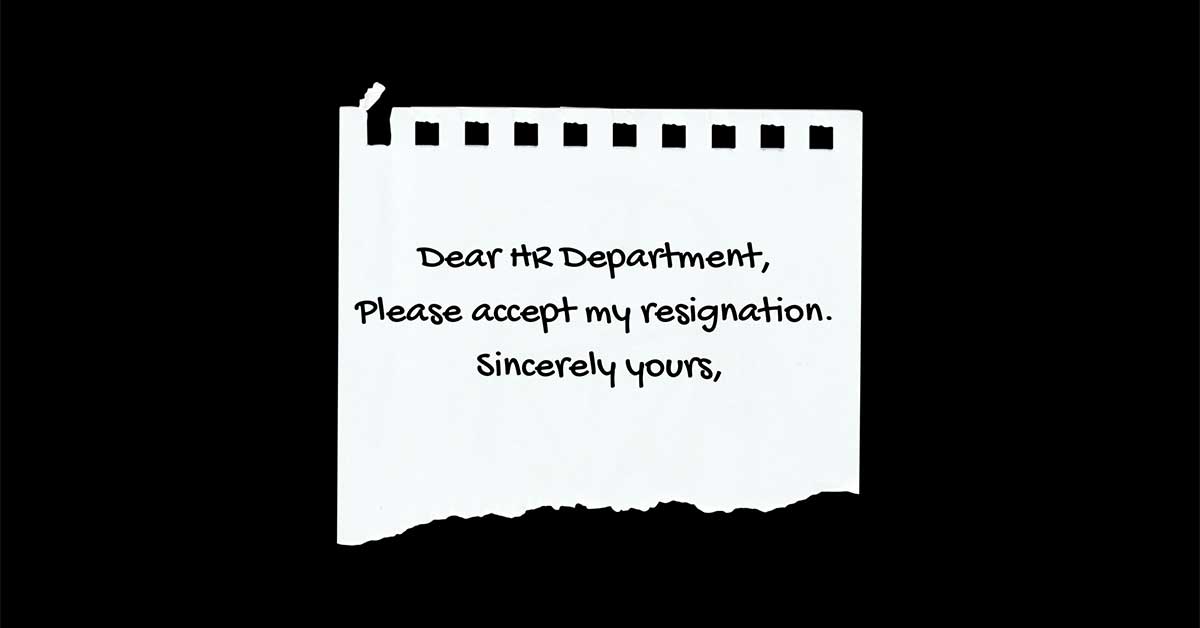Building Progressive Capabilities to Support New Business Models
Can you imagine the experience of staying in a fully automated and robot-serviced hotel? Driverless cars? ‘Remote’ surgeries across continents? We soon could be as forecast in a recent report from PwC: The future of work – A journey until 2022. The disruption of our future work patterns, practices and places is everywhere at the moment and is set to be one of the most significant areas of change over the next five years. This leads squarely into the need to look for new innovations and, specifically, the range of capabilities required in order to remain relevant and optimise those innovations.
Fourth Industrial Revolution
Organisations are seeking new business models to evolve to in order to build opportunity in a challenging environment; in itself an opportunity for major innovation, this is also driving an imperative for capability development. It has been forecast that 65% of the jobs our primary age children will be doing have not yet been created. The World Economic Forum’s Jobs of the Future report referred to a Fourth Industrial Revolution, predicting a potential net loss of 5.1 million jobs -largely from the office and administrative job functions – with gains in computer and mathematical; and architecture and engineering related fields. Coupled with changes in the way that work is undertaken, such as increasing flexibility, the rise of freelance workers and ongoing globalisation within emerging markets, capability development is a major differential in organisational competitiveness.
Important Tips on Capability Development
As many businesses are embarking on a major journey of change that is focused on building progressive capabilities to support innovations and new business models, the following tips are important:
- Language is critical in capability development. We need to speak a positive language which builds skills and capabilities, and breeds a positive mindset linked to the vision, values and leadership behaviours that form part of the high-performance culture;
- One size does not fit all; there is always a need to shape and adapt capabilities for an organisation, whether it be in defining them or building learning and development plans around them. Off-the-shelf programs rarely cut it, customised and ‘fit for purpose’ capability development is required to embrace opportunities;
- Ensure clarity of communication; capability development is about supporting the growth of culture, a mindset of change and providing relevant learning opportunities. Address the ‘why’ we are doing it first and then the ‘what’s in it for me question;
- Align to HR strategy; ensure that capability development underpins the strategic drivers of the business and is embedded across the range of people processes.
In any great hotel, many would agree that the ‘awesome’ in service comes from a blend of finely tuned attention to detail and fantastic experiences. Capability drives this kind of business model and it is hard to imagine robots would replace humans as such; nothing is ever this black and white. However, there is no doubt that a multitude of important factors, including rapid technological advancement, will push organisations to evolve their thinking and approach to future growth. Investment in building the right capabilities to support this evolution is crucial to such innovation and creating a platform for success.




